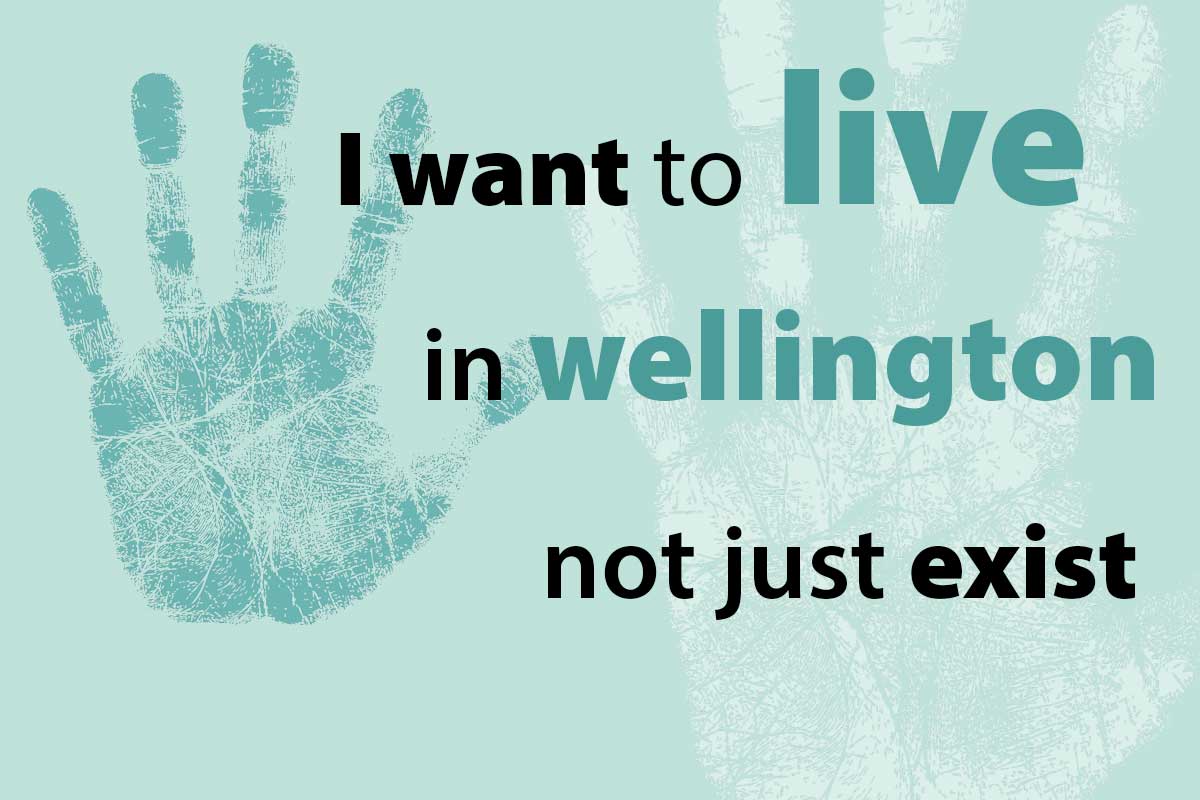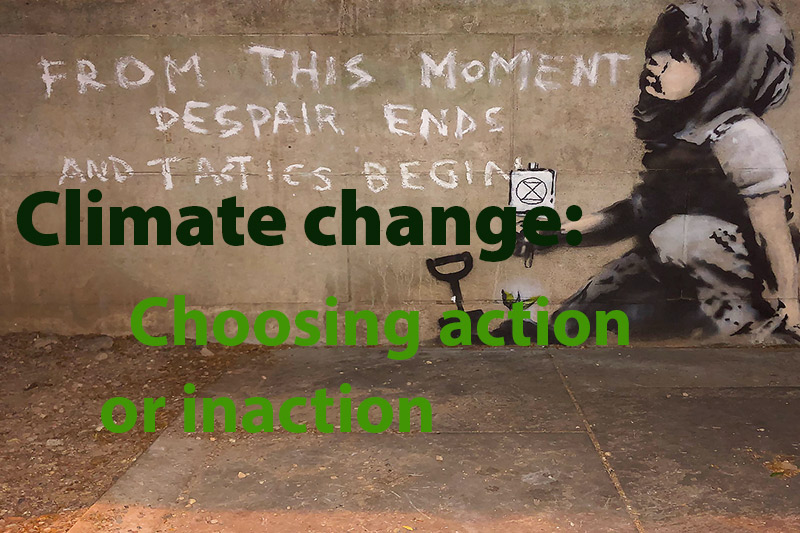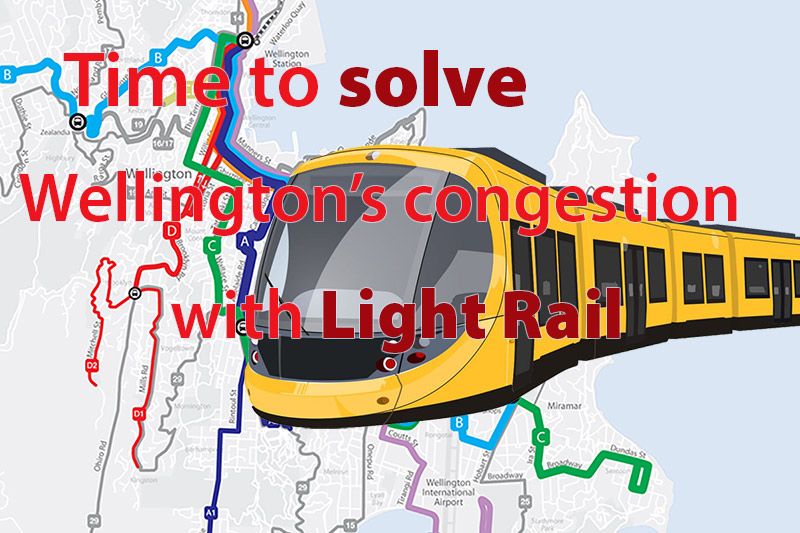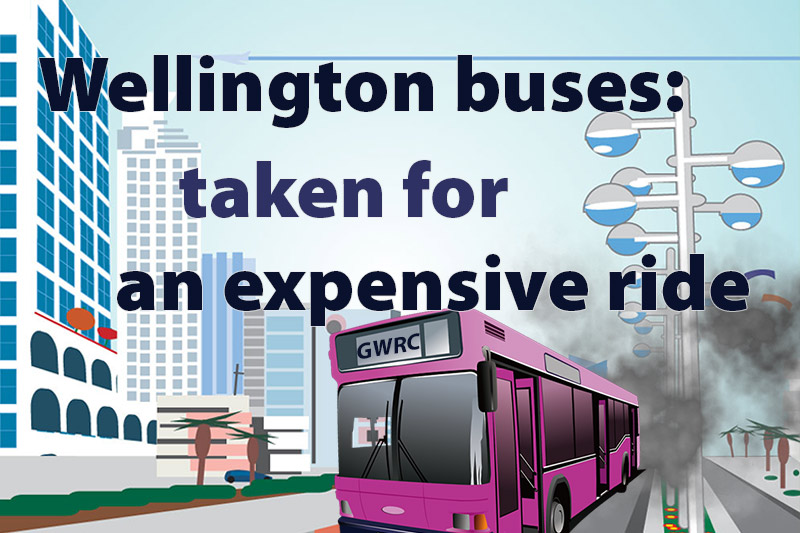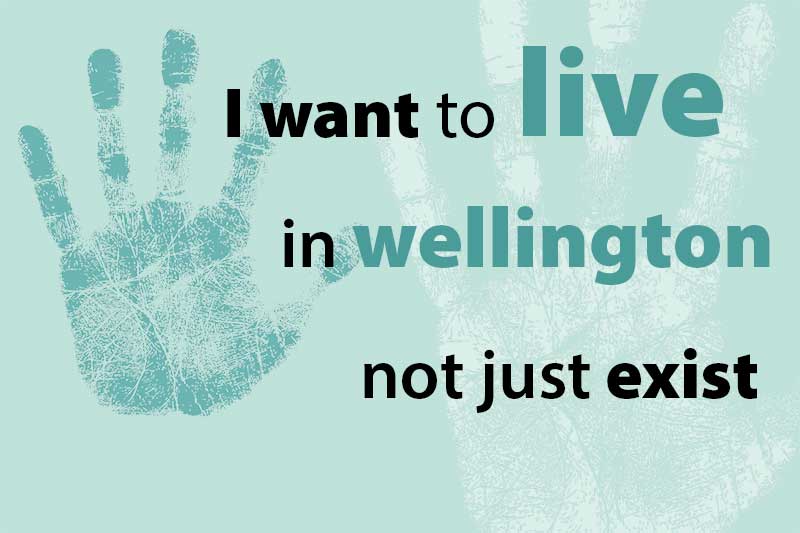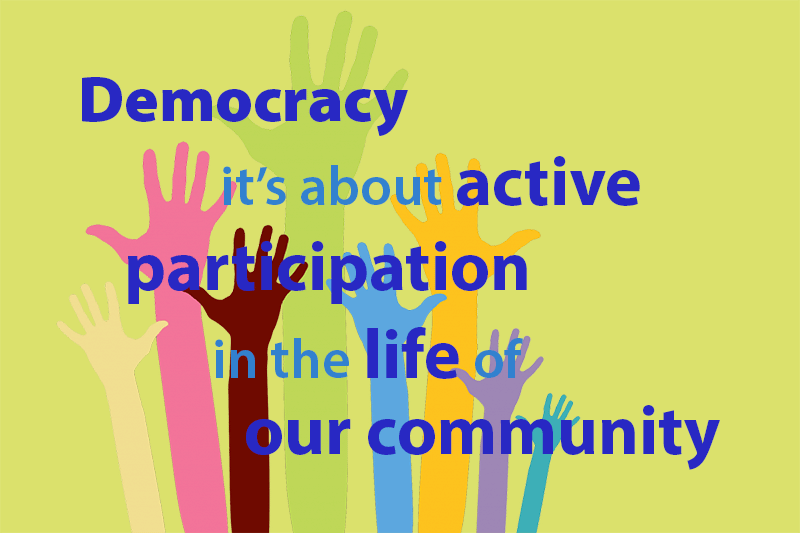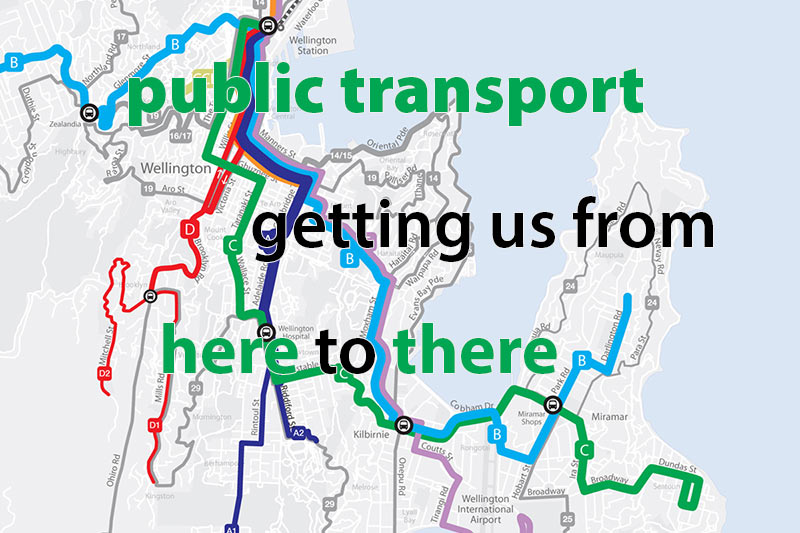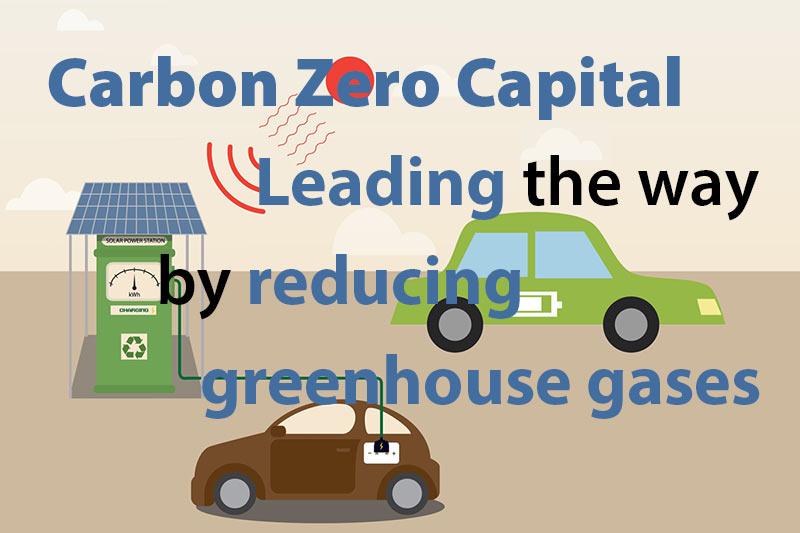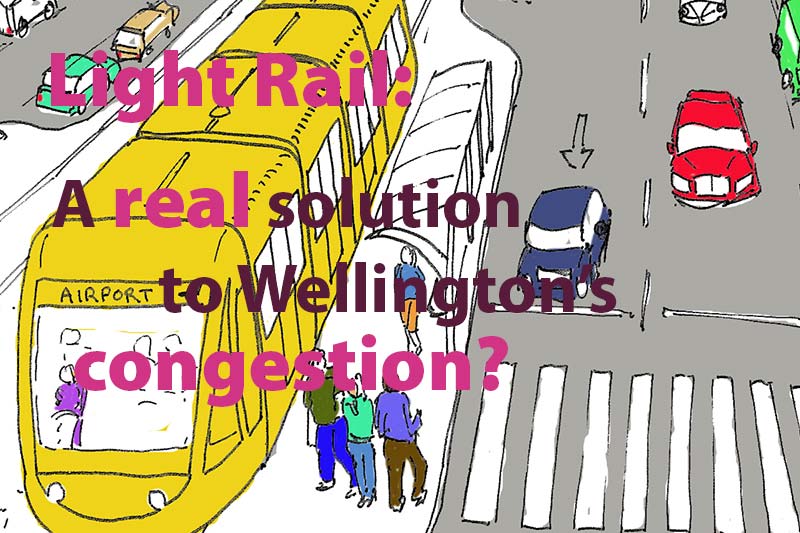The living wage is a foundation for a just society, it is the foundation and the bare minimum a person should be paid in order to live a dignified life. The adoption of a living wage by Councils has not been without criticism. For example, Chambers of Commerce have opposed its adoption, citing that many small businesses would be adversely affected. The justifications for this claim have yet to have been validated.
I believe all public bodies should implement a living wage policy that is applied both to those it employs directly and those that work for it though contracted services. While a council cannot determine the wages and working conditions of businesses that contract services to a council, it can implement procurement policies and tender contracts that achieve that same objective. This would of course include drivers of our buses.
It has been an unfortunate consequence of the new bus services in Wellington, contracted between the Greater Wellington Regional Council and the bus companies, that little heed was taken of the bus drivers (wages, conditions and hours of work). As a result many of our experienced driver left, leaving roster being unable to be filled, buses not turning up and commuters arriving late to work and home each day - and many just giving up on public transport completely. Without workers and employees being part of the conversation, long-term solutions will be elusive.
As a society we really need to look at the effects of the minimum wage on the functioning of our community. Further, we need to understand that the minimum wage represents a cross subsidisation. The minimum wage does not allow a person to live a full and meaningful life. In fact, the minimum wage keeps a person and family in poverty. The only way many people on the minimum wage are able to live is by the subsidising effect of wage subsidies and tax rebates. In effect, we the taxpayers are subsidising the wages of business and commercial enterprises.
Jobs have encapsulated the promise to move people out of poverty and into self-sufficiency. Instead, jobs are now keeping people in poverty, and, in concert with a dependency on a increrasingly meagre State, ensures that the the esteem and morale of the recipient is kept low and in servitude. This, of course, does nothing for the health and vitality of the community. If we want people and families to be full participants within our community we need to ensure they are paid sufficient to enabled that to happen. Not only that, the economic vitality of the community will increase.
Many would argue that implementing a living wage would increase rates. I do not think that would be necessarily be the case. If it did have an impact it would be minor. However, the question one should be asking is is it right not to have a living wage. As public body, I think the council set the example and the standard. It's a question of doing the right thing and building an inclusive community.
We've all heard the arguments against the living wage. The big argument offered is in fact that will cause a loss of jobs. In places where the living wage has been implemented this does not appear to have occurred. Another argument is that it'll be far too costly for businesses. I cannot argue some businesses will find it hard to implement higher pay. Paying workers a living wage supports the entire economy.
A living wage will actually save companies money in turnover costs because less people will leave, and can lead to higher productivity. The living wage should be seen not as a cost but as an investment in the heart and soul of a business and it's community.
